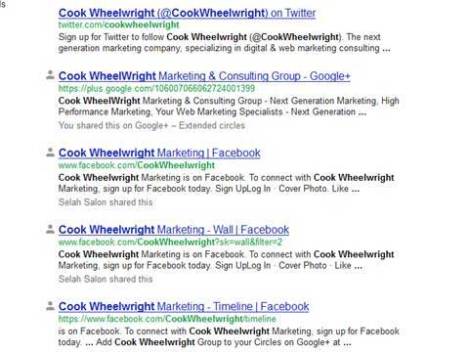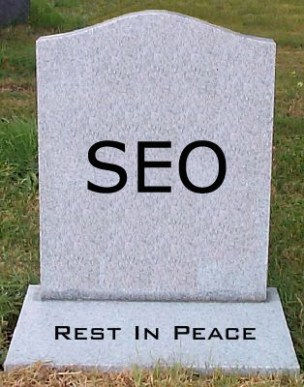Getting on page one of the Google search engine results has been on every business’ to do list. It could mean a difference between hundreds and thousands of unique hits per day. With the new Google updates, getting page one rankings may not work as well as it used to in order to bring high search traffic to your website. Before, getting on page one meant you could be seen anywhere in the world, and now the former search engine optimization model has been dramatically changed due to two main factors: Localization and personalization. What does this mean for you? In basic terms, if you are not ranking for both national and local search results, you will get lost behind those who are.
Localization: Simply stated this means local search. Google now has the ability to tell where you are physically located when you enter your search term; whether you are in the comfort of your home, at a coffee shop downtown, or in a hotel room in a different city, Google knows. Smart phones and other mobile devices have changed search in dramatic fashions as one half of all local searches are performed on mobile devices. When you type in a search query, Google now provides you the closest local search result based on where you are at that exact moment. If you are business trying to target local search results, and you are not targeting local keywords you could lose your first page rankings once the user searches from their mobile phone, or if they are logged in to Google while doing their search.
Personalization: If the user is logged into Google, the SERPs (search engine results page) will provide them with results based on their personalized activity. This includes past browser history, bookmarked pages and social media activities. So if the user follows you on Facebook or Google+, you will show up as an authority in their search results, even if your current page rankings are far off of first page standards. This is why having different active social media platforms is vital to current SEO strategies. This is how you can tell when you are seeing a personalized search. See the icons on the left hand side? This is because I am currently logged into Google and because I follow Cook Wheelwright Group on Google+ and Facebook.
This is not to say that page one rankings will not make an impact on your business as we have seen what the difference page one can have on an inbound marketing campaign. What we are saying is that as SEO strategists we have to start thinking differently, putting focus on both national and local search results and making sure our clients are using all the options available.
If you are concerned about loosing your page one rankings, or you want to learn how you can succeed with local and national search results, give us a call at 480.779.8001 or email us at Info@CookWheelwright.com and we would be happy to give you a complementary evaluation!

